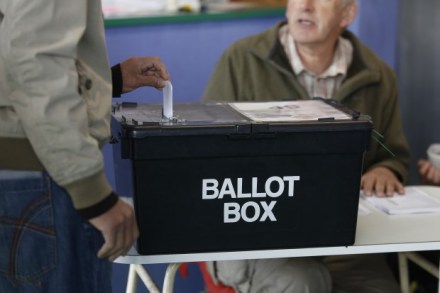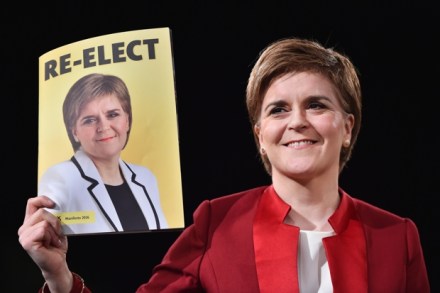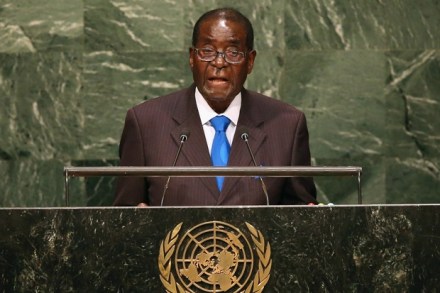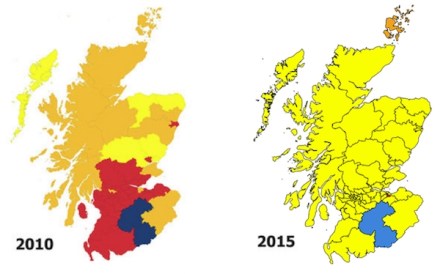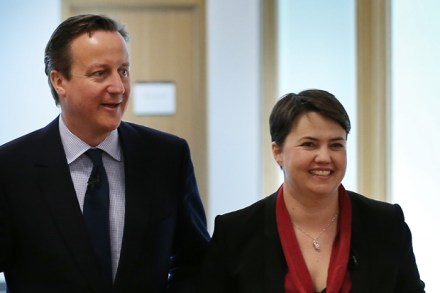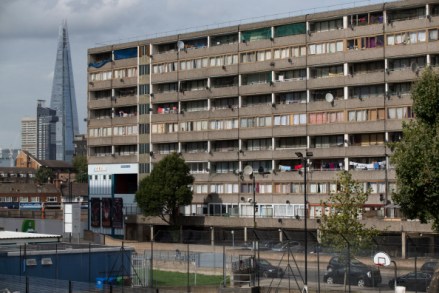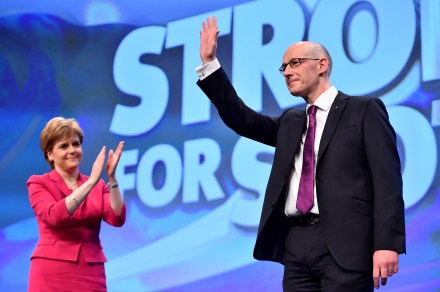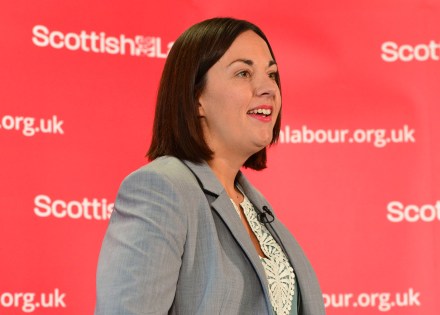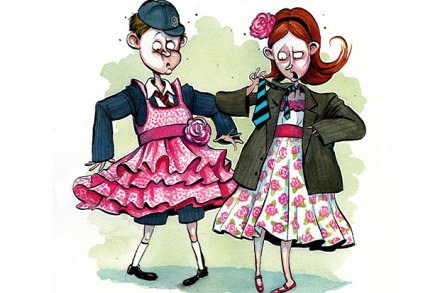May 2016 elections: The Spectator guide
Britain goes to the polls this week, as electoral contests take place in London, Scotland, Wales and across England. They’re the elections which James Forsyth described in the Spectator last week as the ones ‘no one has even heard of’. So what will happen on Thursday night and when will the results be announced? Here’s The Spectator’s run-through of the May 2016 elections: London Mayoral election: Zac Goldsmith and Sadiq Khan go head-to-head in the London Mayoral contest. In 2012, Boris and Ken ran a close-fought race, with Boris getting 971,000 first-round votes to Ken’s 889,918. The relatively small margin between the two meant the result didn’t filter through until
